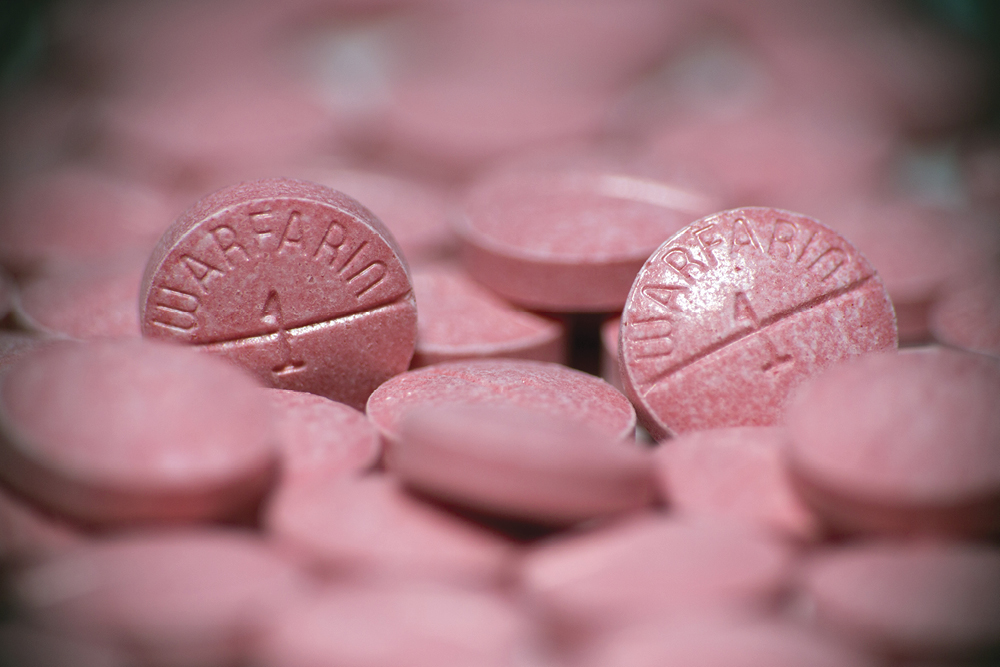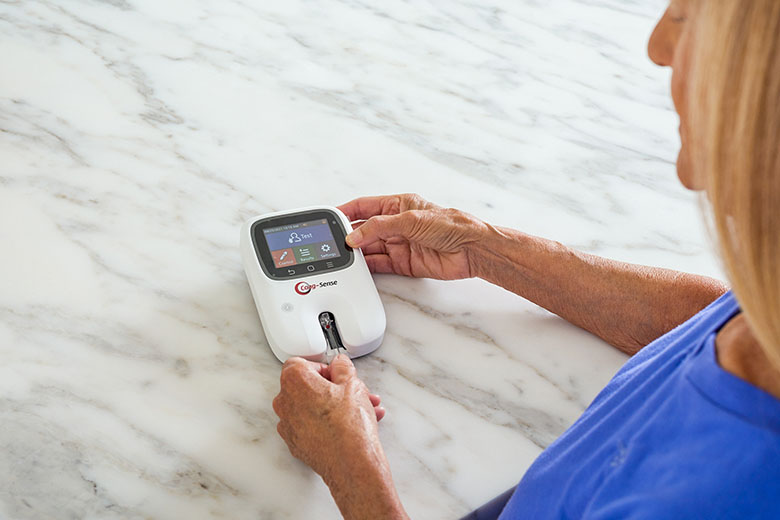The information provided on this blog is for informational purposes only. It is important to consult with your treating practitioner before making any dietary changes, as everyone's needs are unique.
Warfarin, also known by its brand name Coumadin, is a medication used as an anticoagulant, making it necessary for individuals taking it to maintain a stable diet. This medication works by reducing the ability of the blood to clot, thus preventing excessive blood formations in the arteries and veins. When taking warfarin, it is important to be mindful of your diet, as certain foods and drinks can interact with the medication, either by enhancing its effects or decreasing its effectiveness. These interactions can potentially lead to complications such as bleeding or the formation of blood clots.
How Does Diet Affect Warfarin?
The main dietary concern about taking warfarin is its interaction with vitamin K, which is an essential nutrient involved in blood clotting. Foods high in vitamin K can interfere with the medication’s ability to thin the blood, making it less effective. Therefore, it’s crucial to maintain a consistent intake of vitamin K to ensure the proper dosage of warfarin.
While taking warfarin, it's important to limit consumption of foods high in vitamin K. Examples include:
- Kale
- Asparagus
- Spinach
- Brussels sprouts
- Parsley
- Collard greens
- Mustard greens
- Endive
- Red cabbage
- Green lettuce
- Chard
You should avoid drinking:
- Green tea
- Grapefruit juice
- Cranberry juice
- Alcohol
Foods low in vitamin K:
There are many fruits and vegetables that are low in vitamin K and can be easily incorporated into your diet. Examples include:
- Sweet corn
- Onions
- Squash
- Eggplant
- Tomatoes
- Mushrooms
- Sweet Potatoes
- Artichoke
- Strawberries
- Apples
- Peaches
- Watermelon
- Pineapple
- Bananas
Summary
Warfarin is a medication that helps prevent the formation of harmful blood clots in the body. It achieves this by blocking one of the enzymes (proteins) that uses vitamin K to produce clotting factors. This disruption slows down the clotting process, making it take longer for the blood to clot. It's important to note that the intake of vitamin K can affect the effectiveness of warfarin. To maximize the effectiveness of your medication, your doctor may recommend limiting vitamin K-rich foods in your diet instead of completely avoiding them. Be sure to consult with your doctor for any dietary changes or suggestions.
For more information on vitamin K-rich foods, you can visit the U.S. Department of Agriculture's composition database.


